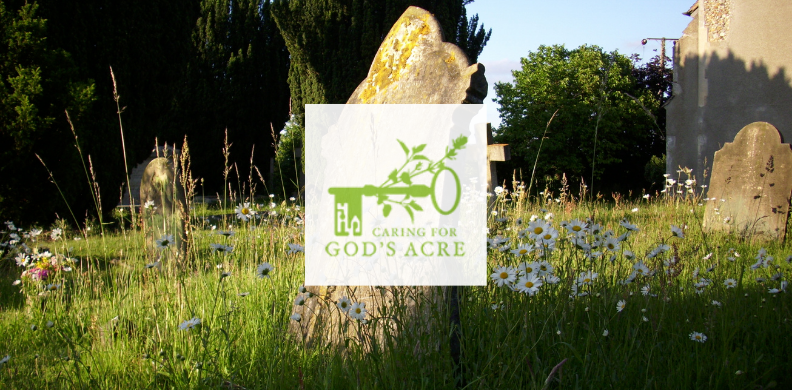
Tu-wit-tu-woo!
The Tawny Owl is probably our most familiar owl; children grow up learning that tawny owls say ‘tu-wit-tu-woo’ although this is not the call of one bird. The familiar call is a duet between the female who starts with the harsh ‘kee-vik’ which is then followed by the male with the deeper ‘woo-hoooo’. At this time of year you may hear a lot of owl calls as the young are noisily driven from their natal territory by their parents. Each existing territory they pass through will elicit much calling, shrieking and hooting. This is a dangerous time for the young owls and many will die, driven from hunting grounds by resident birds before they reach their first year. Once they do find a suitable territory, which is likely to be only a few kilometres from their place of birth, they may remain in it all year round for the rest of their lives, making them one of our most sedentary birds.
Tawny owls are a bird of woodland, choosing to nest within chimney-like holes within large trees. As with many woodland species, churchyards can be good places for them, containing a range of habitats full of food as well as trees for nesting. We think of tawny owls as eating mice and voles but they have quite a varied diet, depending on what is available. They may eat small birds, rabbits, beetles, frogs and worms too.
Tawny owls do well in owl nest boxes and churchyards can be good places for these. If putting one up, keep well away from paths as owls can attack people walking too near their nests. The best place for one is within a tree with ivy or lots of branches as when the young are preparing to leave the nest they start ‘branching’ – climbing up and down the trunk using ivy and branches as footholds, sitting in neighbouring trees and generally starting to explore. During this time the parent birds are still feeding them, and a young owl found on the ground is probably not in trouble and shouldn’t be picked up in case a nearby parent attacks.
So, listen out for the tawny owls and think of the two birds duetting each other. Please let us know if you have owls within your churchyard and if not, how about putting up a nest box in a large tree?
Harriet Carty
Email: harriet@cfga.org.uk
Individuals and groups in the diocese receive 20% members discount on all CfGA materials. Use the discount code diomem22
